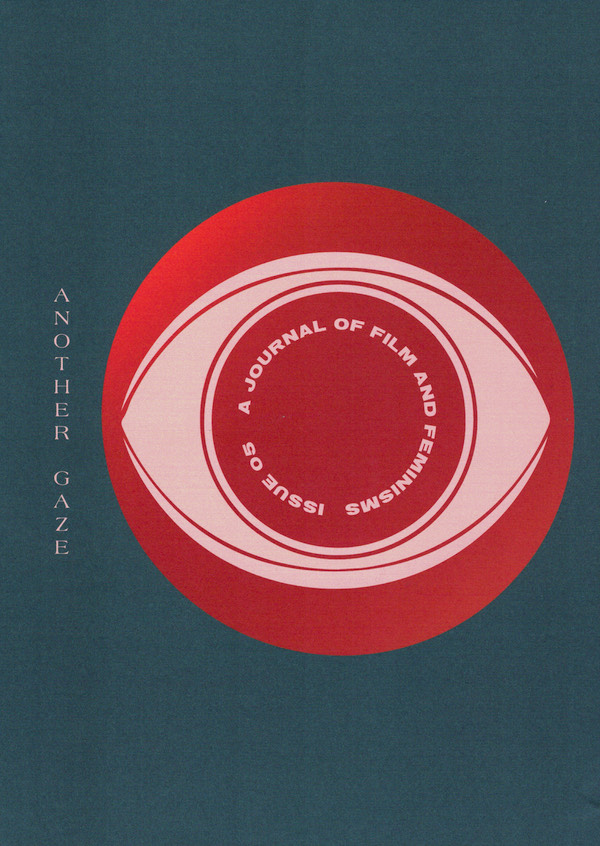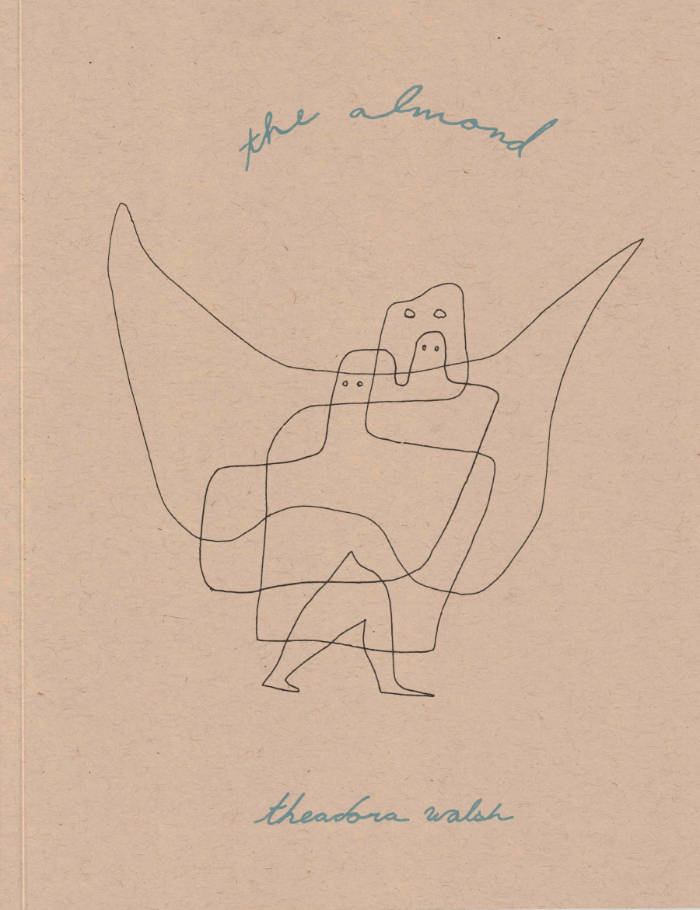
Another Gaze Journal 05
Missouri Williams ed., Daniella Shreir ed.
Including writing about Theresa Hak Kyung Cha, Linda Manz, Sadie Benning, Sarah Maldoror, Cecilia Mangini, Agnes Martin, Peggy Ahwesh, Kira Muratova, Alina Szapocznikow, Jean Genet and more…
On subjects including an interrogation on cinephilia and gender, surveillance, infant observation during the pandemic and the screen as psychic portal, Beirut on film, devotional labour, prisons during lockdown, the notion of solidarity, reproduction and futurity, and much more... Roundtables about Sarah Maldoror; hands and fate, work, pleasure, touch, and surveillance; early women's travel films…
Plus, the year in review…
Featuring writing and contributions by María Palacios Cruz, Lizzie Borden, Kathryn Scanlan, Yasmina Price, Nicolas Russell, Rebecca Liu, Georgie Carr, Pooja Rangan, Jonathan Rosenbaum, Nuotama Bodomo, Phoebe Campion, Janaina Olivera, Cassie da Costa, Frank Beauvais, AS Hamrah, Awa Konaté and many more…
Language: English







